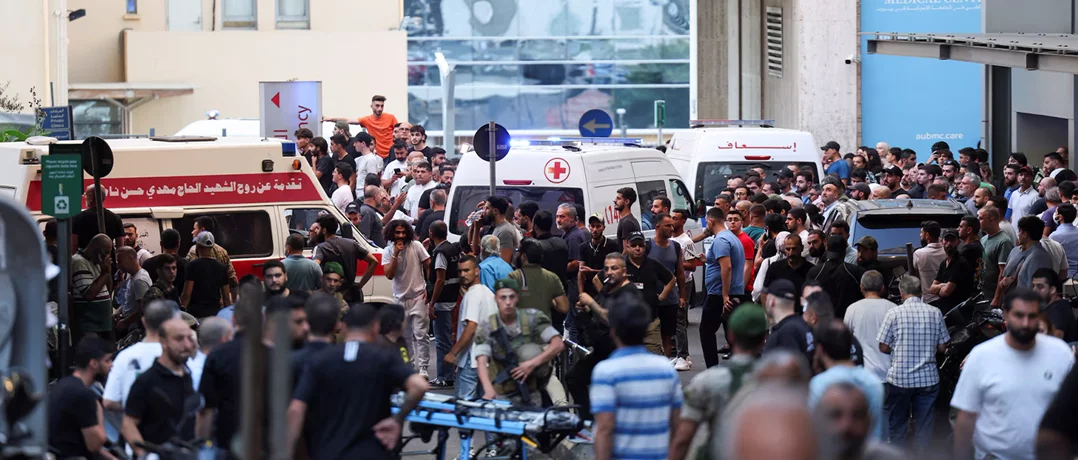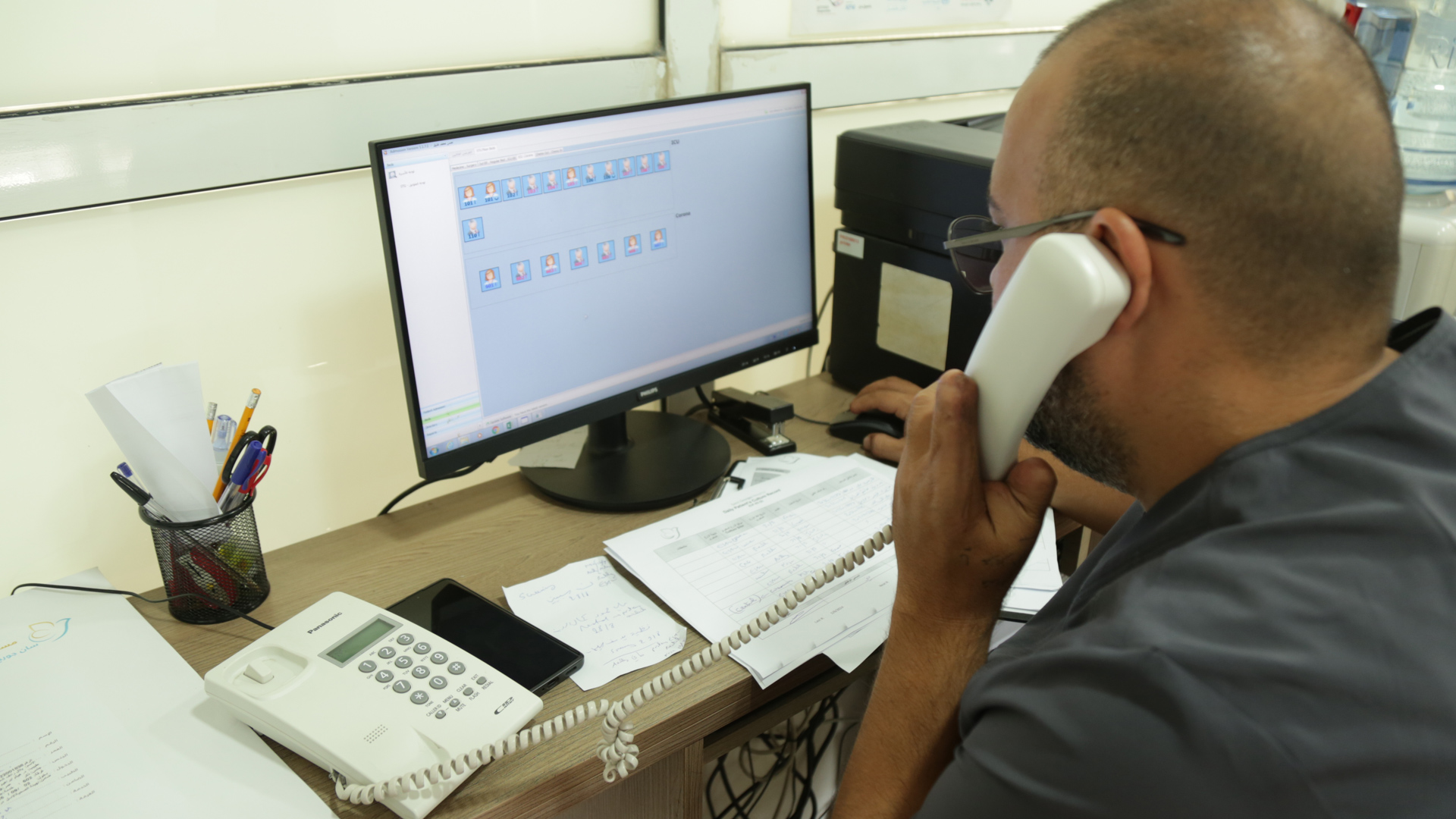Lebanon’s pager explosions left dozens dead and thousands injured, raising urgent questions of accountability in what many call a humanitarian crime.
Lebanon’s pager attack: A humanitarian tragedy
Lebanon’s pager attack: A humanitarian tragedy


On September 17, 2024, Lebanon was shaken by one of the most chilling attacks in its recent history. Thousands of pagers, devices long associated with Hezbollah’s communication networks, exploded almost simultaneously across the country. What began as a targeted operation quickly spiraled into a national tragedy, leaving at least 40 dead and more than 3,400 injured.
Hospitals overwhelmed
Medical teams faced an unprecedented emergency. Hospitals, including Saint George, were inundated with patients suffering severe facial and hand injuries, many requiring immediate surgery. The Lebanese Red Cross and volunteer networks mobilized rapidly, providing blood donations and first aid in a desperate race to save lives.
Exclusive testimony to The Beiruter
“I couldn’t see anything, and I couldn’t hear.” These were the first sensations recalled by Bilal Cheaito, Supervisor at Saint George Hadath Hospital, when the devastating pager explosions struck Lebanon on September 17, 2024.
What initially seemed like minor injuries quickly revealed a nationwide catastrophe. On that day, thousands of pager devices commonly used by Hezbollah operatives detonated almost simultaneously across the country.

Speaking exclusively to The Beiruter, Cheaito recounted the chaos of that day: “I was on duty at the hospital when it happened. I was immediately taken to the emergency department. I had to undergo multiple surgeries at once, to return to work as quickly as possible.” Despite losing his right eye and several fingers, Cheaito resumed his administrative duties within months. His ordeal reshaped his outlook: “We live in a world full of fear. There is no such thing as human rights, despite what outsiders claim. This was a major war crime, something only the devil could conceive. To achieve daily security, we must be strong and self-reliant. Our strength is what protects us, especially since the enemy has no mercy or ethics in war. This was a massacre, a humanitarian crime.”
Cheaito also noted the solidarity he experienced: "Medically, the hospital treated me fully. Socially, the community has shown support and sympathy.
Even those who don’t like us recognize this was a crime against humanity. I am not a soldier, yet I was targeted
International condemnation
The pager attacks sparked swift international backlash. The United Nations, Human Rights Watch, and other organizations denounced the explosions as clear violations of international law. The International Court of Justice went further, classifying the incident as both indiscriminate and disproportionate, underlining its grave humanitarian and legal implications.
Ultimately, the pager explosions can only be understood first and foremost as a humanitarian tragedy rather than a mere military operation. The victims were not only Hezbollah members but also civilians, doctors, nurses, and students who found themselves caught in the crossfire simply because they lived in an environment shaped by conflict. The question remains: who bears responsibility for such devastation? Is it Israel, which turned ordinary devices into instruments of death, or Hezbollah, which exposed its surrounding community to the burden of confrontation? What is certain is that the outcome is the same a wounded society and a future left more fragile than ever.


